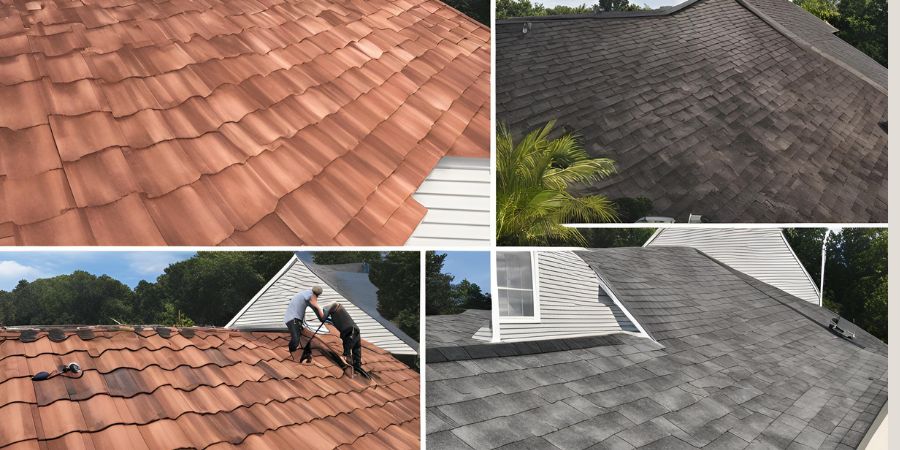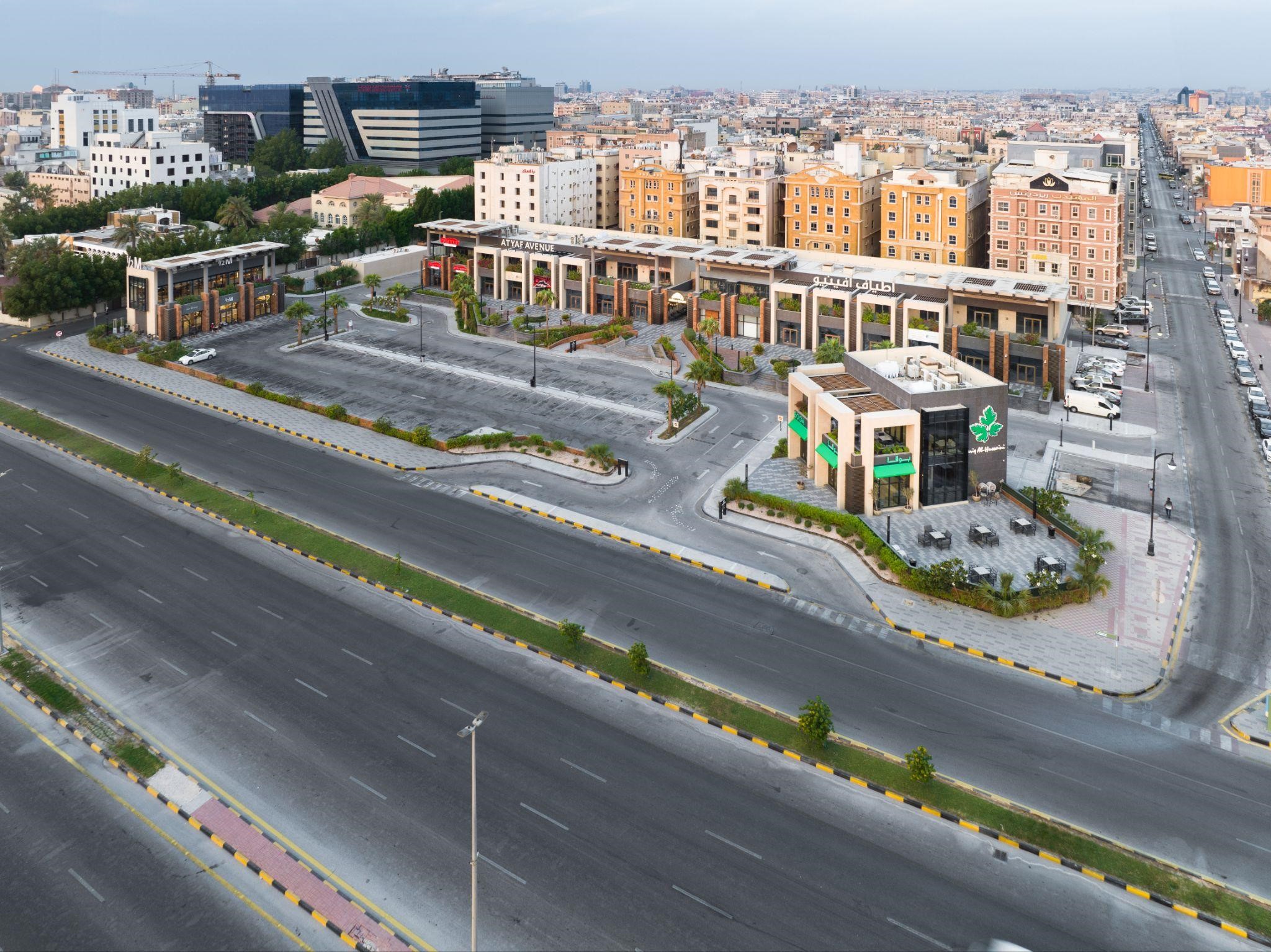
Roof cleaning is essential for home maintenance, and pressure washing is a popular method. However, the approach can vary significantly based on regional climates. In South Africa, Cape Town and Johannesburg offer unique challenges due to their differing rainy seasons. Understanding these differences is crucial for homeowners and professionals to ensure effective and long-lasting roof care.
Climate and Seasonal Differences
Cape Town: Winter Rainy Season
Cape Town has a Mediterranean climate, with wet winters and dry summers. The rainy season spans from May to August, peaking in June and July. During this time, roofs can accumulate moss, algae, and lichen due to the constant moisture. These conditions make roofs slippery and more difficult to clean, necessitating specific techniques for safe and effective pressure washing.
Johannesburg: Summer Rainy Season
In contrast, Johannesburg experiences a subtropical highland climate, with rains occurring from October to April, peaking between December and February. The summer rains, often accompanied by thunderstorms, lead to the rapid growth of mold and mildew on roofs. The dry winter season from May to September presents issues related to dust and debris rather than organic growth.
Pressure Washing Techniques and Timing
Cape Town: Wet Winters
Timing: Schedule roof cleaning during dry spells within the rainy season or before winter to minimize regrowth.
Safety: Roofs are slippery when wet, requiring adjustable pressure settings, safety harnesses, and non-slip footwear.
Chemical Treatments: Use biocides or anti-moss treatments to inhibit moss and algae regrowth.
Water Management: Manage water use carefully to prevent over-saturation and potential water damage.
Johannesburg: Summer Rains
Timing: Ideally, clean roofs during the dry winter months. If cleaning in summer, do it early morning or late afternoon.
Heat and Humidity: High temperatures and humidity require precautions like hydration, sun protection, and breaks.
Organic Growth: Remove mold and mildew with appropriate detergents and disinfectants.
Debris in Winter: In winter, clean dust and debris with lower pressure settings to conserve water and energy.
Roof Longevity and Maintenance
The climate and seasonal differences between Cape Town and Johannesburg affect the cleaning process and the long-term maintenance of roofs.
Cape Town: Moisture Challenges
Moisture Damage: Regular cleaning and maintenance prevent rot, rust, and structural damage from constant moisture.
Material Selection: Use moisture-resistant materials and conduct regular inspections to catch early signs of damage.
Johannesburg: Heat and Storms
UV Damage: Intense summer sun can cause UV damage to roofing materials. Regular cleaning and inspections help identify issues early.
Storm Preparedness: Frequent thunderstorms require robust roof structures. Clearing debris, gutter cleaning, and ensuring the roof is in good condition before the rainy season to prevent storm damage.
Conclusion
Roof cleaning with pressure washing in Cape Town and Johannesburg requires tailored approaches due to their distinct climates. In Cape Town, focus on managing the challenges of the winter rainy season, including moss and algae growth. In Johannesburg, address the summer rains and associated organic growth. By understanding and adapting to these regional differences, homeowners and professionals can ensure effective roof cleaning and maintenance, extending the lifespan of roofs and enhancing the overall health and safety of the home.

